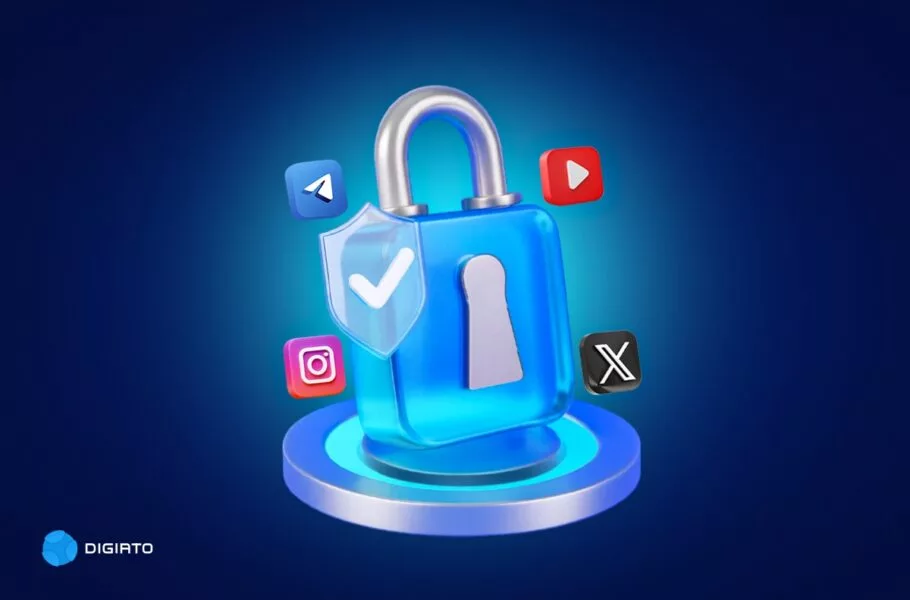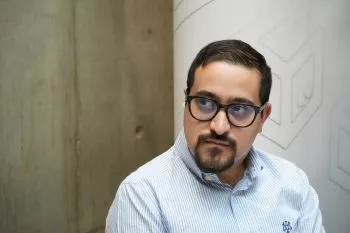
The Major Hurdle of ‘Official Representation’ for Unblocking Social Media Platforms
Iran sets impractical demands for unblocking social media platforms, raising questions about its feasibility amid sanctions and governance issues.
Recent remarks by the Iranian president's chief of staff have reignited debates surrounding the unblocking of social media platforms in Iran. Mohsen Haji-Mirzaei stated that, according to the Supreme Council of Cyberspace's resolutions, any platform wishing to operate in Iran must adhere to 'our governance rules and regulations' and establish an official office or representation within the country. Previously, Mohammad Sarafraz, a council member, told Digiato that under such conditions, reopening access to popular social networks is effectively impossible.
While this approach appears to aim at regulating and managing platform activities, in practice, it mirrors failed attempts from previous years. Prior administrations also sought to compel platforms like Telegram to relocate their servers to Iran or establish official representation. These efforts proved futile even during periods of improved foreign relations when such conditions were neither feasible nor acceptable for global social media platforms.
The reasons behind this refusal are clear: first, major concerns about violating user privacy if platforms comply with governance access and oversight rules; second, international sanctions against Iran that legally, financially, and logistically hinder investments or official operations by large technology companies. Even platforms considering entering Iran for economic reasons face obstacles like sanctions and restrictions on financial transactions.
As a result, while smaller or less prominent platforms from countries like China or Russia might accept these conditions to gain limited market access in Iran, leading networks such as Instagram, Telegram, Twitter (X), or YouTube are neither interested nor able to comply. This stems from both practical barriers (sanctions) and principled objections (data protection and brand integrity). Any compliance might only manifest through superficial measures, like creating shell offices or launching symbolic versions of platforms, designed merely to present an illusion of meeting requirements.
This raises a critical question: when policymakers are fully aware of the near impossibility of fulfilling these conditions, why do they continue embedding such demands into resolutions for lifting bans? Is the underlying goal to create insurmountable hurdles for the current administration so that unblocking remains unattainable while shifting political costs onto the executive branch?
In this context, the role and responsibility of President, who chairs the Supreme Council of Cyberspace, is pivotal. His silence or lack of action regarding these stipulations intensifies questions about whether his administration possesses the will and tools needed to revise these policies, or whether decision-making over internet governance has been ceded entirely to institutions outside government control. As Sarafraz revealed in his interview with Digiato, a steering committee comprising predominantly anti-unblocking figures was established under a 32-point resolution. This further underscores claims that Masoud Pezeshkian’s administration has not acted effectively or decisively enough. Even Pezeshkian reportedly refrained from resistance during the formation of this committee.
History shows that decision-making in cyberspace without considering technical realities and international legal constraints leads only to exacerbating existing problems and perpetuating restrictions. The 'official representation' requirement for major social networks may sound like a regulatory strategy on paper but ultimately serves as an impractical obstacle, a symbolic gesture signaling intent without meaningful execution.












